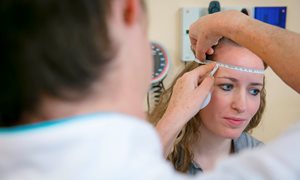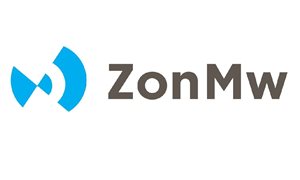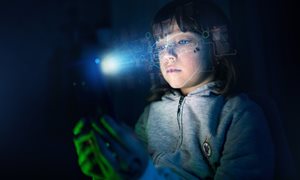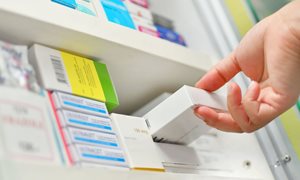
Nicol Voermans has been appointed Professor of Muscular Diseases at Radboud university medical center / Radboud University. Voermans is committed to a strong clinical center with extensive expertise on muscle diseases, mapping the natural course of these disorders and conducting studies with promising drugs in rare muscle diseases. All this in a worldwide network.
There are as many as five hundred muscle diseases. Most people know of two: ALS and Duchenne disease. But there are many more, often rare muscle diseases. They affect all activities controlled by muscles, such as walking, breathing and facial expressions. As a neurologist, Nicol Voermans dedicates herself to patients with muscle diseases, both in care and in research, with a focus on congenital myopathies and facioscapulohumeral muscular dystrophy (FSHD).
Because many muscle diseases are rare, an important part of the research consists of natural history studies. Voermans: 'We chart the disease course for various rare disorders such as congenital myopathies: who is affected? What are the typical symptoms and how do they develop over time? Do we recognize patterns? The knowledge is often very scattered and we bring it together. This is how we are building a strong clinical center, the Radboudumc Center of Expertise for Neuromuscular Disorders.'
Inhibit
Voermans also works with companies on drug trials. This involves a lot of preparation. ‘For example, we figure out how best to measure the effect of a new drug’, Voermans says. 'In addition, patients are given a genetic test and we make sure that they start a study as fit as possible. For example, they receive lifestyle advice, and all available treatments are optimized, including rehabilitation, nocturnal ventilation and medications that relieve symptoms.'
Drug trials are currently underway for FSHD. In this condition, the cause is in a particular protein called DUX4. Normally, the body makes that protein only during embryonic development. After that, production of DUX4 should stop. But in FSHD it continues throughout life. The protein causes inflammation and cell death in muscles. The compound currently being tested aims to inhibit those down-stream effects. Other drugs in development target the production of the DUX4 protein itself.
Facial expression
For studies and exchange of expertise in such rare disorders, (inter)national cooperation is crucial. The Radboudumc together with the LUMC is the National Center of Expertise center for FSHD. Furthermore, Voermans maintains close contact with medical centers worldwide, works intensively with patient associations in various countries, and has set up a European Trial Network for FSHD.
In addition to clinical trials, Voermans also investigates how to help patients in other ways. This research takes place in close cooperation with the rehabilitation department. 'Good rehabilitation can significantly reduce fatigue in FSHD. Furthermore, many people with FSHD have less vivid facial expressions and cannot use their arms and hand properly to compensate for the loss of non-verbal communication. This is difficult in social interaction. Within the rehabilitation treatment there is therefore a lot of attention to communication, so that patients learn to always give subtitles, so to speak, to what they feel. In this way we can directly improve the quality of life.'
Career
Nicol Voermans studied Medicine and Philosophy at RU and received her PhD in 2011 for her thesis entitled ‘Neuromuscular features of Ehlers-Danlos syndrome and Marfan syndrome, expanding the phenotype of inherited connective tissue disorders and investigating the role of the extracellular matrix in muscle’. She trained as a neurologist at the Radboudumc and started there as a medical specialist in 2008. After a fellowship within the Spierziekten Centrum Nederland, she became a neuromyologist in 2010.
Voermans completed the Radboud Galilei Track and works briefly with her research partners in London, Basel and Paris. She is chair of the Radboudumc Committee on Scientific Internship (COMOS), and enjoys working with the inspiring and dedicated clinical and research teams at the Radboudumc Center of Expertise for Neuromuscular Disorders. In 2023, she has become co-leader of the Research program for Neuromuscular Disorders. The appointment is effective October 1, 2023, for a period of five years.
-
Want to know more about these subjects? Click on the buttons below for more news.
More information
Annemarie Eek

wetenschapsvoorlichter





